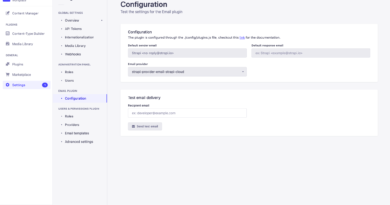Google Assistant reportedly pivoting to generative AI
When Google had its unpleasant realization that it had been complacently spinning its wheels on a form of fake AI for a decade, chances are it started realigning itself that day. And it sounds like Assistant itself is now getting a generative face-lift, according to an internal email reported by Axios.
The email says that the Assistant team leads “see a huge opportunity to explore what a supercharged Assistant, powered by the latest LLM [large language model] technology, would look like,” and describe some organizational changes to achieve that.
Of course, you don’t make sweeping changes to a successful division just because you want to see what something looks like. It feels more like they have already seen what it looks like as other companies have demonstrated it publicly, and they are in a hurry to catch up. At any rate, the change in “vision” will unfold over the months to come.
Although there are numerous examples of LLMs powering chatbots and assistants, the technology has yet to prove to be a practical evolution for this corner of tech. Services like Assistant, Alexa, and Siri were more like Mad Libs where users provided the subjects and verbs, like “traffic+downtown+now” or “teriyaki+near+me,” and while that isn’t quite what we call “AI,” it can be very useful as an interface for simple digital interactions.
Is it really an improvement if, when you ask how long it will take to drive to the beach, its answer is informed by the entirety of the Western canon? You can tell it to give you the weather in sonnet form, and people will for a while, but the novelty wears off, much like it does in asking Alexa to tell you a joke.
LLMs are interesting things and their ability to follow the thread of a conversation can be useful, but it doesn’t seem like many people want to have a conversation with their navigation system, or discuss the merits of farmed versus wild-caught salmon when they ask about good sushi joints.
Perhaps it’s better to have an interface that’s capable of handling both and just call up its capabilities as needed. At the very least, Google is betting that it should get its ducks in a row just in case.




